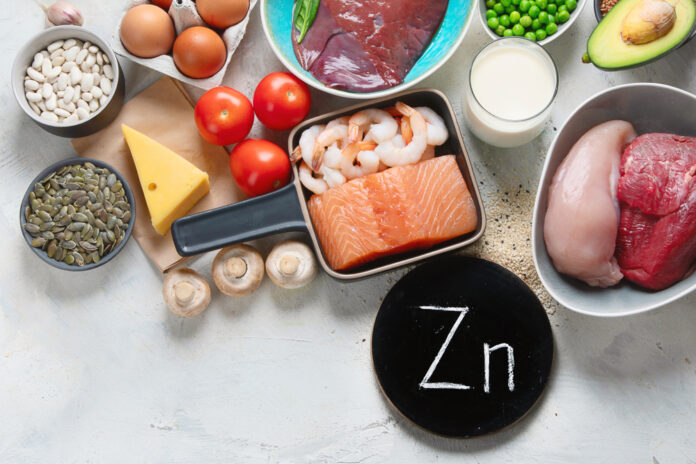
Our immune systems are the first line of defense against disease. As such, it’s important that we provide our bodies with the essential nutrients needed for optimal immune system function. One of these key nutrients is Zinc.
What is Zinc?
Zinc is a trace mineral, which just means humans only need a small amount each day. Most people can get the recommended daily serving of Zinc by simply eating a balanced diet. Zinc is very important, as it is crucial in a number of bodily functions, including healing wounds, thyroid performance, insulin production and storage, and immune function.
Zinc has also been shown to improve the common cold, diarrhea, and age-related macular degeneration when taken as a supplement on a regular basis.
Foods High in Zinc
Zinc can be found naturally in several popular foods. Some examples of food that are rich in Zinc, will include:
- Oysters
- Crab
- Lobster
- Pork
- Chicken
- Nuts and whole grains
- Dairy products
- Fortified food, like breakfast cereal
Since Zinc is not needed in high quantities, most people get enough through their everyday diet. However, as we age, Zinc levels naturally deplete. Aging people might decide to take a Zinc supplement. Also, when trying to use Zinc to cut the duration of a cold, you may use a Zinc enhanced remedy, such as Zicam.
Conclusion
Zinc is an essential trace mineral that most people get through their diet. As we age, we may need supplemental Zinc. In addition, Zinc can be used in higher quantities to relieve the common cold more quickly or reduce nausea. If you’re worried you do not eat enough Zinc, try eating foods high in the mineral. You can also have bloodwork done and speak with a healthcare professional.
Sources:
What to Know About Zinc and What Happens If You Don’t Get Enough (webmd.com)
Zinc: Benefits, Deficiency, Food Sources and Side Effects (healthline.com)


















